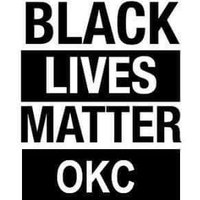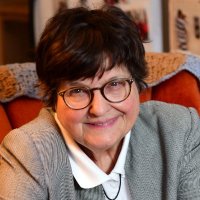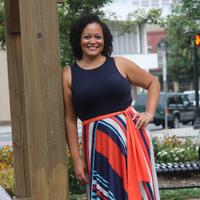
BLMOKC
@blmokc
Oklahoma City BLM Chapter / Donate at paypal.me/blmokc
ID: 757704392372092928
http://blmokc.com 25-07-2016 22:29:39
671 Tweet
2,2K Takipçi
314 Takip Edilen





















@blmokc
Oklahoma City BLM Chapter / Donate at paypal.me/blmokc
ID: 757704392372092928
http://blmokc.com 25-07-2016 22:29:39
671 Tweet
2,2K Takipçi
314 Takip Edilen



















